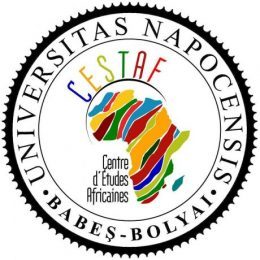
His research topic was:
“Jungle Justice”: an Analysis of Mob Vigilantism in Contemporary Nigeria.
The lynching of alleged criminals has been commonplace in Nigeria for at least two decades. Lately, however, the practice became so pervasive that on 28 September 2017, the Nigerian senate passed a law for the prohibition and protection of persons from lynching, mob action and extrajudicial executions. The aim of this study is to understand what drives ordinary people to engage in, to support, or to condone extra-legal mob killings of alleged offenders, and why the practice has proven so resilient over the years in Africa’s most populous country.
The study uses a mixed qualitative methodology which includes individual and group interviews, participant observations of vigilante and police activities, and secondary data from institutional bodies and news medias. Situational analysis, and interpretive philosophical techniques are used to extract meaning from the data.
The study finds that many believe people take the law in their own hands because they do not trust the police. However, the study discovers that an important share of police malpractices is itself caused by public distrust. This finding led to the conclusion that institutional distrust makes policing virtually impossible and traps people/police relations in a self-defeating spiral which I named ‘institutional distrust trap’. The study also finds that beyond the distrust of the police, it is more fundamentally the perception of the political elite as untrustworthy and of the country’s democratic institutions as corrupt that drives most people towards self-help by sending them the signal that the government is part of the problem instead of the solution. The third interesting finding of the study is that, in many instances of mob punishment and killings, the collectivization of violence and punishment occurs as individuals pursue personal objectives—and are not opposed by others—including personal revenge, fun, and performing masculinity. Lastly, the study finds that mob punishment is functional—in the Durkheimian sense—for the communities in which it occurs because, through it, criminal incidents whose authors and circumstances had remained unknown are collectively and publicly attributed to alleged criminals thereby momentarily neutralizing the intragroup suspicions and accusations that they typically set in motion.
This study has many implications for social theory including how to understand the relations between anomie and disorder, punishment and morality, as well as between colonialism and neoliberalism.
